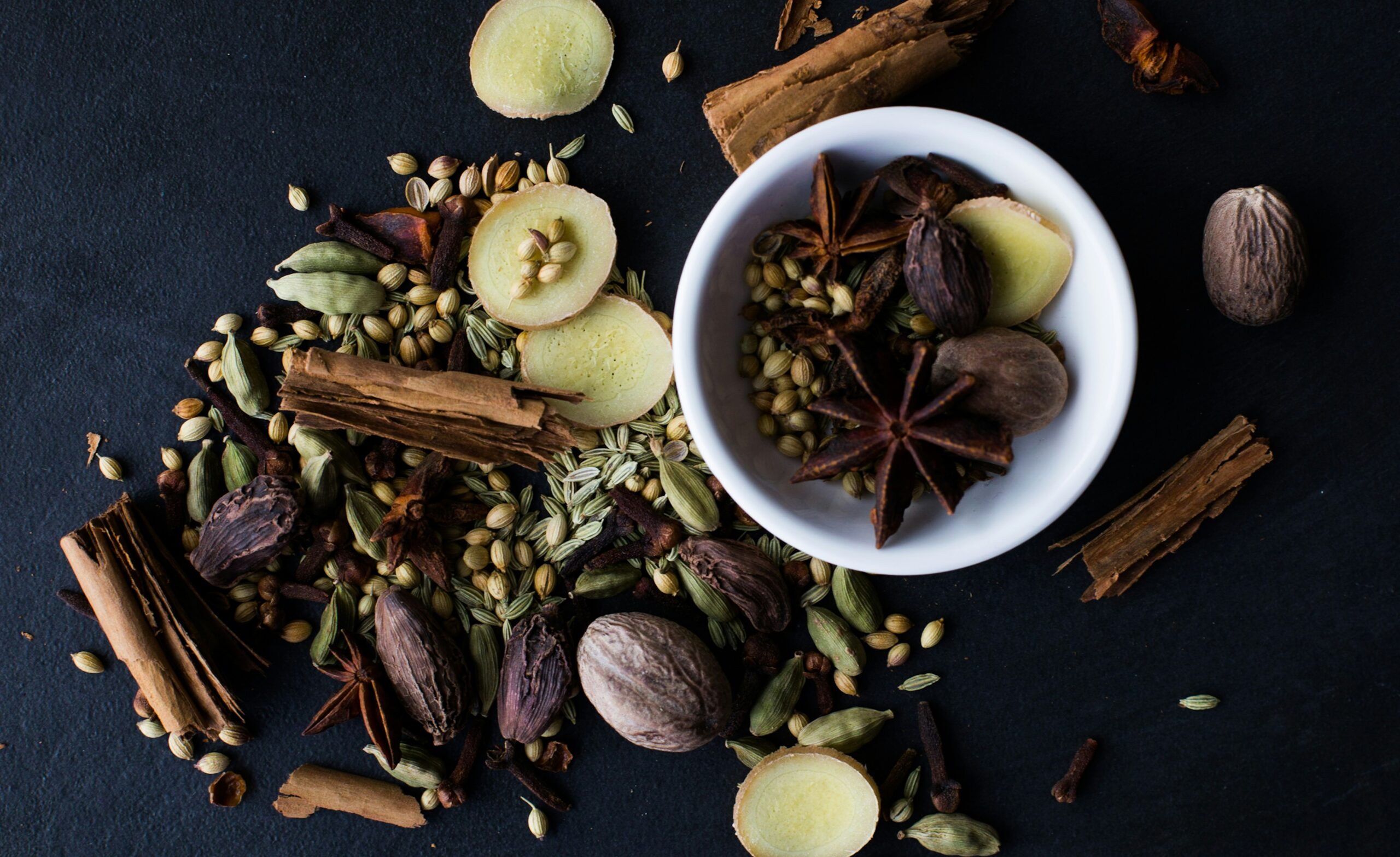Vegetarian and vegan diets may not have enough zinc to fully prevent the variety of negative health outcomes associated with zinc deficiency. Considered an essential nutrient with a recommended daily allowance of around 11 milligrams for over 40 years, zinc is plentiful in animal foods such as poultry, seafood, ungulate meats, eggs, and dairy, and much less-rich in plant sources like nuts, legumes, and grains.
However as is so often the case with dietary medicine, the value of certain foods as sources of nutrition cannot be established simply by examining the content of the nutrient in the food itself. This is because things like uptake and transportation, bioavailability, and other values and functions which regulate the amount of absorption that takes place, vary based on other dietary influences, lifestyle factors, and more.
Zinc plays a large role in immune health, protein synthesis, DNA repair, and more, and deficiency in zinc affects 2 billion of the world’s inhabitants with effects ranging wildly, from accelerated macular degeneration to dwarfism.
Several commonly ingested compounds including alcohol inhibit zinc uptake and absorption, which can lead to less-severe deficiencies in zinc. Lack of zinc can result in greater numbers of DNA strand breaks, increased susceptibility to pathogens like viruses and bacteria that cause pneumonia and meningitis, and dysregulation of the innate immune system’s inflammatory response.
Finally zinc is famous for its role as one of the only things your mother gave you which actually helped defeat the common cold in any meaningful timeframe. Zinc acetate or gluconate lozenges of 75 milligrams or more have been shown in many studies to increase recovery time from the common cold by as much as 300% compared to placebo.
Zinc and vegan diets
Good vegan sources of zinc include the standard pallet of plant-based foods that tend to be eaten in order to make up for the lack of nutrients normally gained when consuming meat, including nuts, legumes like lentils and beans, and soy.
However a double-edged sword exists that while pound for pound there is enough zinc in these foods to satisfy the recommended daily allowance, they also contain phytates or phytic acids, naturally-occurring plant compounds which zinc binds to before the body can absorb it.
Eating enough of these plant-based foods to satisfy nutritional requirements for things like zinc, protein and essential fats, means consuming a large amount of phytates, which in effect act like zinc-thieves. If phytates are consumed with zinc at a ratio of 15:1, merely 15% of the total zinc consumed will actually be absorbed into the body.
A study from the United Nations found that the lowest zinc-containing diets were those high in content of wheat, rice, maize, grains and flours, oatmeal, and millet; peas, kidney beans, and blackeyed beans.
Iron and zinc
Another compound which inhibits the uptake of zinc is one also common in nuts and legumes – namely iron. Supplemented, but not dietary zinc was found in a study to compete with supplemented and dietary iron for uptake into the body (with zinc losing the battle) and vice versa, with supplemented iron inhibiting supplemented zinc.
Replacing the zinc supplement with oysters ameliorated this effect, but those on a plant-based diet do not have the option of consuming what is the most zinc-rich food source.
Instead, combining iron supplements with solid food or with the amino acid histidine, seems to prevent the iron/zinc dilemma, especially if it contains animal proteins, which the United Nations report notes as an easy fix for zinc depletion.
Once again a difficult dilemma exists for vegans and vegetarians looking to get adequate zinc: a diet low in animal products merits supplementation for things like iron and zinc, but supplementing of both depletes the capacity for zinc absorption.
Fermenting, sprouting, and steeping grains and legumes can activate enzymes in plants that break down their own phytates, increasing the bioavailability of the zinc contained within them. One study found that soybean-derived meat substitutes were comparative in zinc absorption to animal meats, but only when the amount of total zinc consumed was similar.
Finally since beans contain more phytates than soy, soy burgers would be a preferable source of zinc than a black bean burger for instance for a vegetarian or vegan, who if they took an iron supplement but not a zinc one, might just be able to avoid the damaging effects of zinc deficiency.
Continue exploring this topic — Those Who Frequently Exercise May be Immunocompromised from Deficiencies in Vitamin D and Various Minerals

